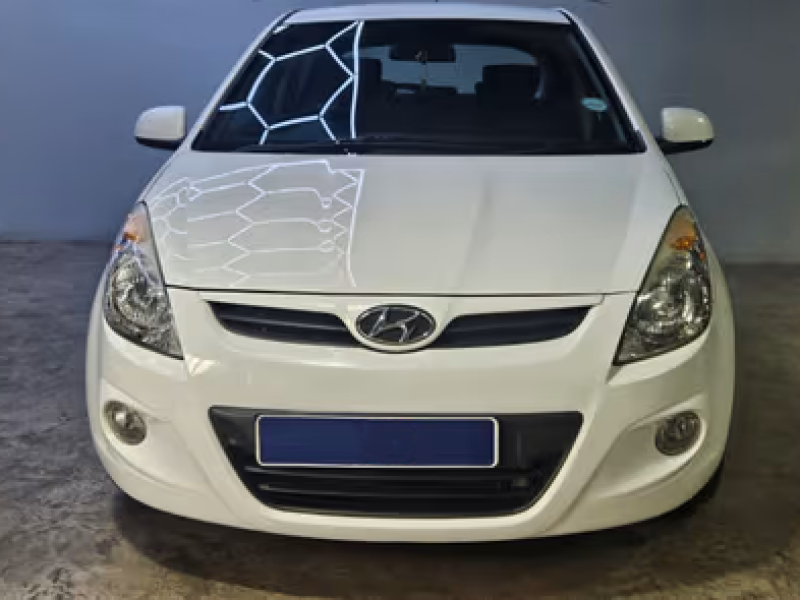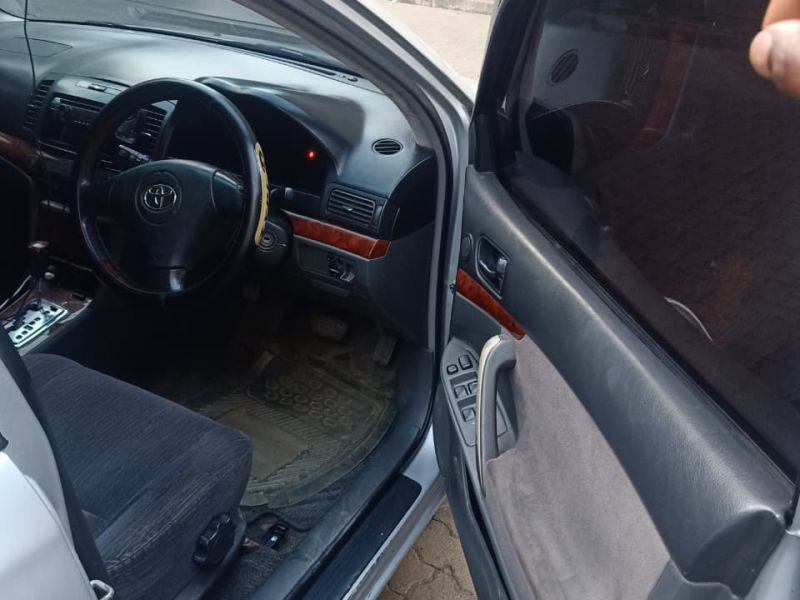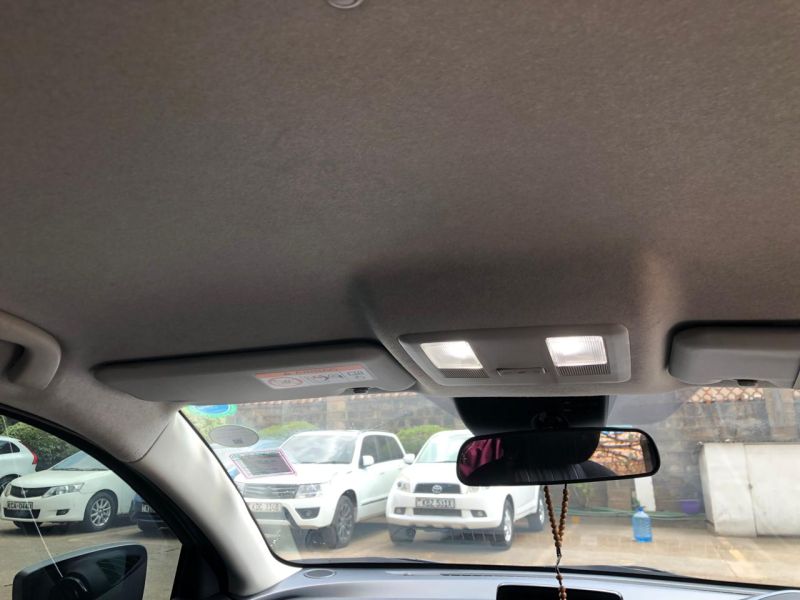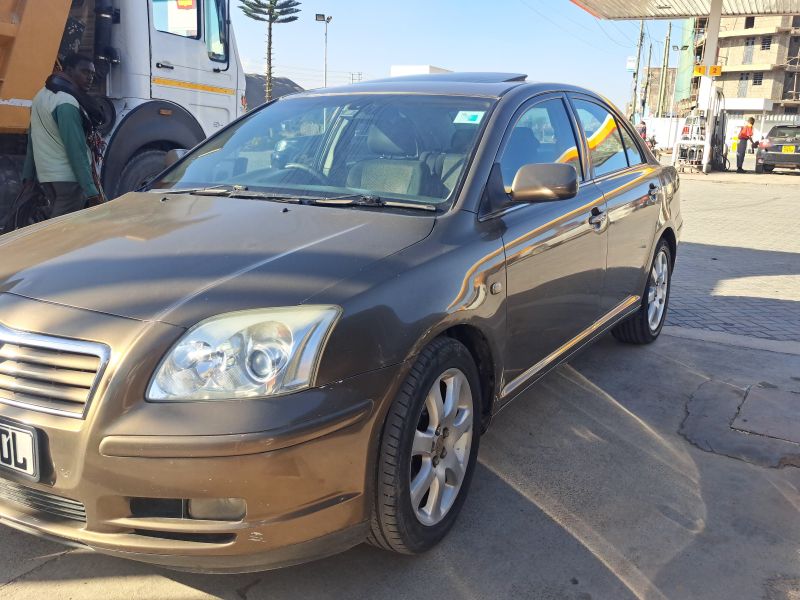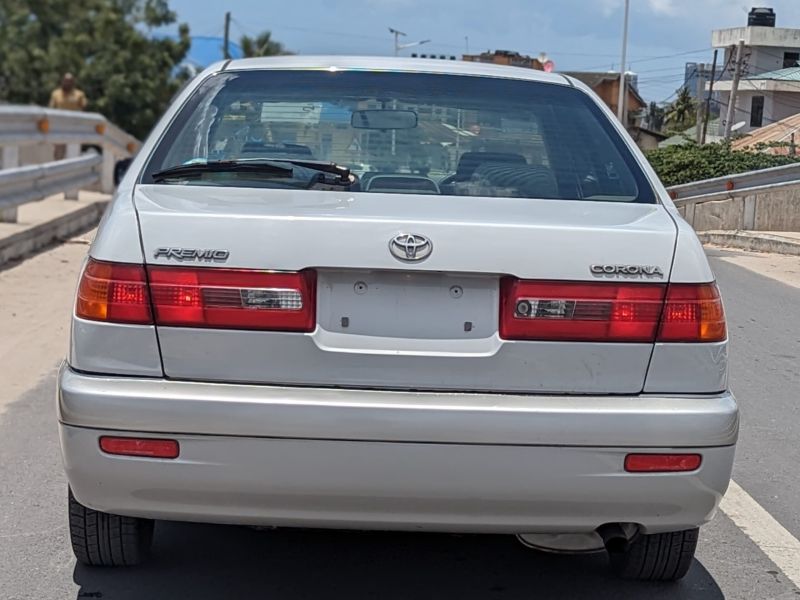
7 Smart Checks Before Buying a Used Car in Kenya (With Real Stories)
Thinking of buying a used car in Kenya? Good choice! You’ll save money, avoid that painful new-car depreciation and probably get more value overall. But let’s be real — not all second-hand cars are worth the deal they come with.
Some look great on the outside but are hiding serious (and expensive) problems inside. So before you hand over your hard-earned cash, there are a few important things you need to check.
Let’s walk through it together — no complicated jargon, just straight-up advice from one Kenyan driver to another.
1. Confirm Who Really Owns the Car
This might sound obvious but it’s where many people get duped. Always ask to see the logbook and double-check that:
- The name on the logbook matches the seller’s original ID.
- The engine and chassis numbers match what’s physically on the car.
- The car doesn’t have pending issues like loans or police cases.
Quick Tip: Send the car’s registration number to 22846 (NTSA) via SMS — you’ll get back details showing if the car has any red flags.
Why this matters: You don’t want to buy a car that legally doesn’t belong to the person selling it. That’s a one-way ticket to stress.
2. Is the Car Still Under Logbook Loan?
A lot of used cars in Kenya are bought on logbook loans, meaning the bank or lender technically owns the car until it’s fully paid off.
Ask the seller:
- “Do you have the actual logbook with you?”
- “Is the car still being financed?”
If the car has a loan, ownership can’t be transferred until the loan is settled. Always be sure you’re buying from someone who legally has the right to sell it.
3. Watch Out for Rust, Dents & Hidden Body Repairs
A car might look shiny on the surface but has had serious work done after an accident — or worse, be quietly rusting underneath.
Things to look for:
- Uneven paintwork or weird color shades? Could mean panel repairs.
- Gaps between panels or doors not closing properly? That’s a red flag.
- Rust under the doors, around the boot or wheel arches — especially common in coastal towns like Mombasa due to salty air. Inspect in daylight, not at night or when it’s raining — imperfections are easier to hide in bad lighting.
4. Open the Bonnet — Even if You’re Not a Mechanic
You don’t have to be an expert to notice something’s off under the hood. Here's what to check:
- Engine oil should be brownish or golden. Black oil means it hasn’t been changed in a while.
- Coolant should be clean — not rusty or murky.
- Leaks? Bad sign. Look around the engine block and under the car.
- Start the engine and listen: any strange knocking, rattling or loud idling? Walk away.
Pro Tip: If you’re unsure, call a trusted mechanic to check it out. Most charge around KSh 2,000–KSh 5,000 for a pre-purchase inspection — and it’s money well spent.
5. Mileage Isn’t Everything — Look at the Whole Car
We all love a car with low mileage, but that’s not the full story. Sometimes, sellers tamper with the odometer to make it look newer than it is.
Instead, focus on:
- How the interior looks — are the seats, pedals, or steering wheel worn out?
- Is there a service history? Receipts, logbooks, or even stickers from previous garages help.
- Do the tyre treads match the mileage claim?
If something doesn’t add up, it probably doesn’t.
6. Test All the Electronics
Modern cars come with a lot of features — and small things can be expensive to fix. Before you buy:
- Try out the windows, mirrors, indicators, radio, and infotainment system.
- Turn on the headlights, AC, and wipers.
- Start the car — make sure no warning lights stay on.
Why it matters: Even small things like fixing power windows can cost more than you’d think. Test everything before you buy.
7. Always, Always Take a Test Drive
This is non-negotiable. You can’t get a full feel for a car until you drive it — and not just around the block.
During the test drive:
- Go over bumps and rough roads — listen for noises or rattles.
- Hit the highway if you can. Check acceleration, braking, and steering stability.
- Drive with the radio off — that’s when you’ll hear the small (but important) noises.
Listen to your gut. If the car doesn’t feel quite right, don’t be afraid to walk away.
Real Experience: Wycliffe’s Cautionary Tale
Wycliffe bought a used Toyota Axio from a private seller in Nairobi. Everything looked okay — clean interior, decent price, and a smooth test drive… or so he thought.
Two weeks later, the car’s suspension gave out. Turns out, it had been in a serious accident, and poor repairs were hiding beneath the panels. He spent over KSh 80,000 fixing it.
He later admitted, “I rushed the process. I should’ve brought a mechanic with me. Lesson learned.”## Conclusion: Don’t Buy with Your Heart — Buy with Your Head
Buying a used car in Kenya is one of the smartest financial decisions you can make — but only if you do it right. Take your time. Ask questions. Double-check everything. Bring a mechanic or a friend if you need to.
In the end, a few extra hours will save you months of pain and thousands of shillings.
